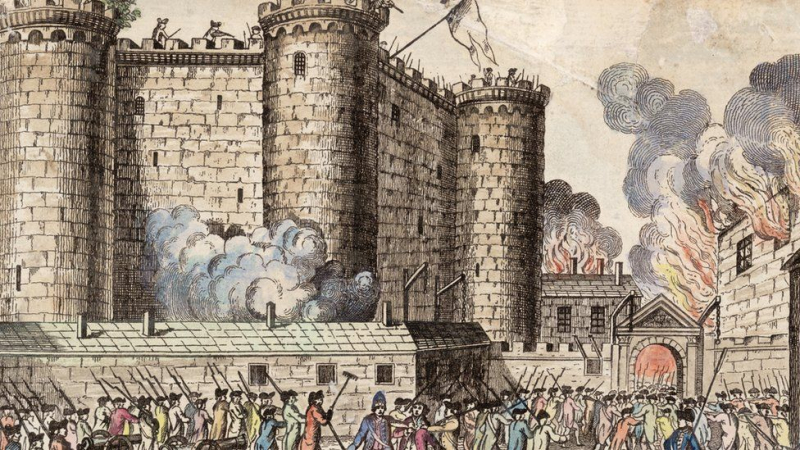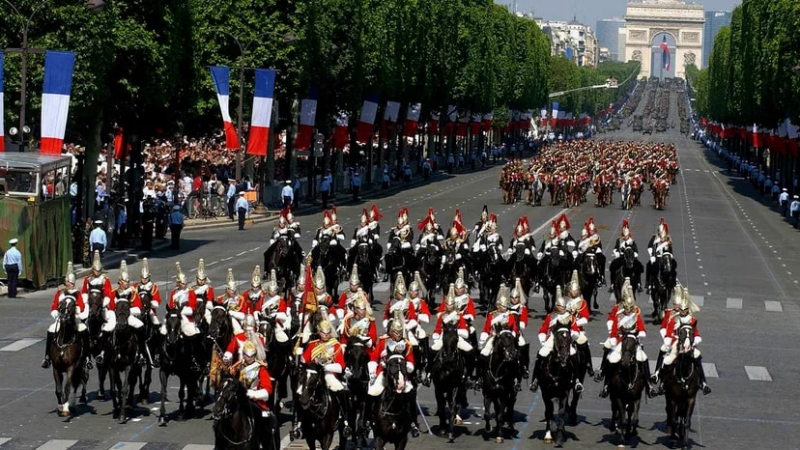The Opening Event Was Celebrated As The National Day Of France
On May 5, 1789, the Estates-General gathered in Versailles. They were instantly split on vote by head, giving the Third Estate an edge, or by estate, allowing the two privileged orders of the realm to outvote the third. The intense debate over this legal issue finally prompted the Third Estate representatives to declare themselves the National Assembly on June 17. Many parish priests supported them, outnumbering the aristocratic upper clergy among the church's deputies. The Third Estate vowed not to separate until they had handed France a constitution on June 20, 1789, in what is known as the Tennis Court Oath. They established the National Constituent Assembly on July 9th. Soldiers, primarily foreign mercenaries, began to arrive in Paris around this period.
Despite being happy by the recent loss of royal power, Parisians became alarmed when rumors of a military coup began to emerge. On July 14, rioters stormed the Bastille fortress in an attempt to seize gunpowder and guns; many believe this incident, which is now marked as a national holiday in France, to be the beginning of the French Revolution. They retaliated on July 14 by attacking the Bastille, which was overrun in a matter of hours. The Bastille served as a jail, but it also held gunpowder and weaponry. The countryside was immediately engulfed by a surge of revolutionary enthusiasm and widespread hysteria. Peasants plundered and destroyed the homes of tax collectors, landlords, and the seigniorial elite in a revolt against years of exploitation.












